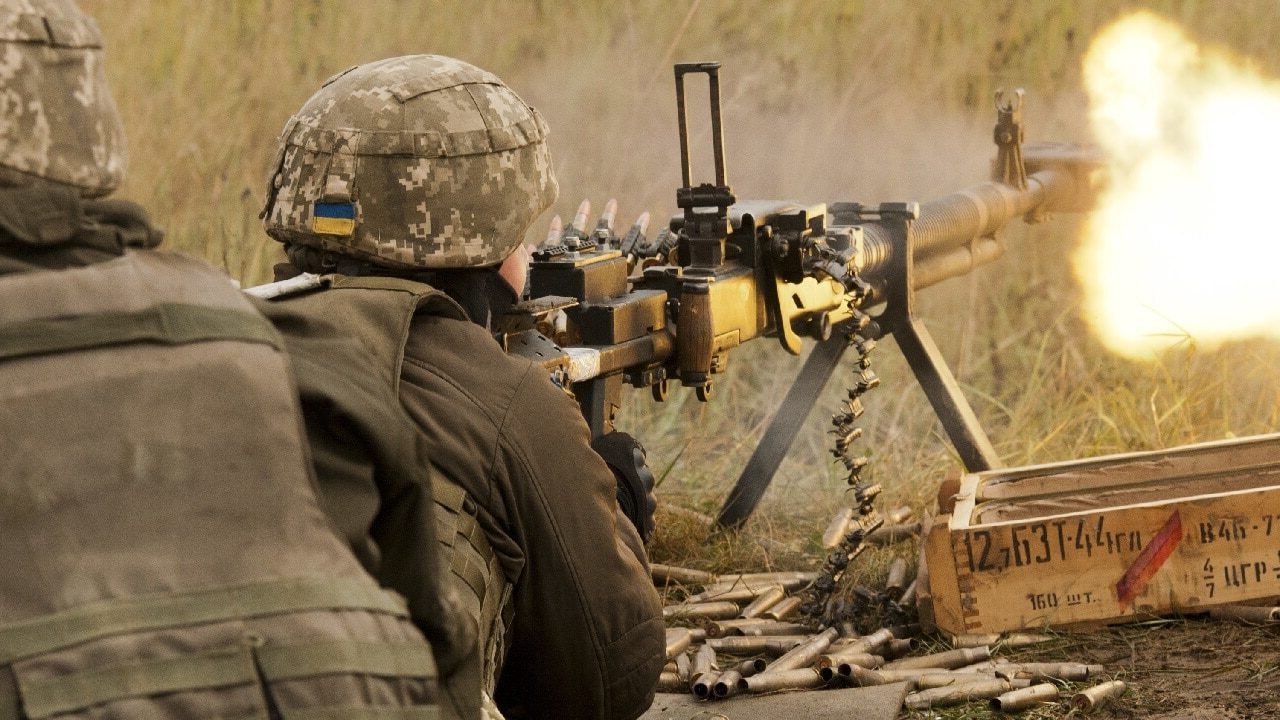In a national address on Wednesday evening, Ukrainian President Volodymyr Zelenskyy indicated that a formal application for his country to join the European Union signed in February may be processed with “maximum speed.”
“The second major topic of the talks is our movement towards European integration. This is the historic moment when we can develop maximum speed in joining the European Union,” Zelenskyy said. “We have already proved that the Ukrainian state and public institutions are effective enough to withstand even the test of war. We are already doing as much to protect freedom on the European continent as other nations have never done.”
His comments contradict what European Union leaders said in March about the country’s membership bid when the political and economic bloc accepted Ukraine’s membership application and insisted it will go through the normal process that typically takes several years. Zelenskyy had hoped for the application to be fast-tracked.
“The Council has acted swiftly and invited the Commission to submit its opinion on this application in accordance with the relevant provisions of the Treaties,” a statement from the EU read at the time. “Pending this and without delay, we will further strengthen our bonds and deepen our partnership to support Ukraine in pursuing its European path.”
In 2014, Ukraine signed an association agreement with the European Union which typically comes before a formal application. However, in the wake of the Russian invasion of Ukraine, Zelenskyy requested that Ukraine’s membership go through a “new special procedure.”
Those requests were denied, despite many European Union leaders supporting Ukraine’s bid for membership. Zelenskyy’s Wednesday night comments could suggest that European Union leaders have finally accepted that request.
What Happens if Ukraine Is Accepted?
If Zelenskyy’s application is accepted, it could worsen relations between Russia and Europe.
Although, with a war still raging in Ukraine and Russia facing sweeping economic sanctions from the West, it’s hard to imagine just how much worse those relationships could get.
More alarmingly, however, membership could potentially pull the European Union into a military conflict with Russia – a conflict that would, in turn, put the United States at risk. With 21 of 27 EU member countries in NATO, membership may potentially have a knock-on effect that initiates a global war.
Under the European Union’s mutual defense clause, EU countries will step up and take military action in the event that another member nation is the “victim of armed aggression on its territory.”
For this reason alone, it could well be the case that the European Union will consider or accept Ukraine’s membership application once the conflict with Russia has come to an end.
Beyond the mutual defense clause that would provide greater protection from Russia for Ukraine, Zelenskyy also wrote on April 19 that he had informed European Commission President Ursula Von Der Leyen that she had completed a questionnaire, which was an “important step towards EU membership.”
Zelenskyy also said that he had discussed the increase of security aid to Ukraine and discussed postwar reconstruction, adding that he thanks the European Union for its continued support.
Jack Buckby is a British author, counter-extremism researcher, and journalist based in New York. Reporting on the U.K., Europe, and the U.S., he works to analyze and understand left-wing and right-wing radicalization, and reports on Western governments’ approaches to the pressing issues of today. His books and research papers explore these themes and propose pragmatic solutions to our increasingly polarized society.

